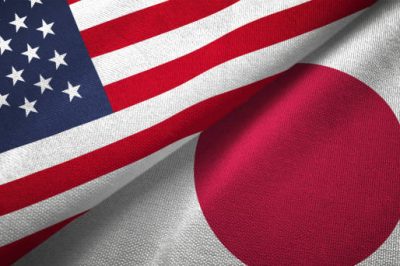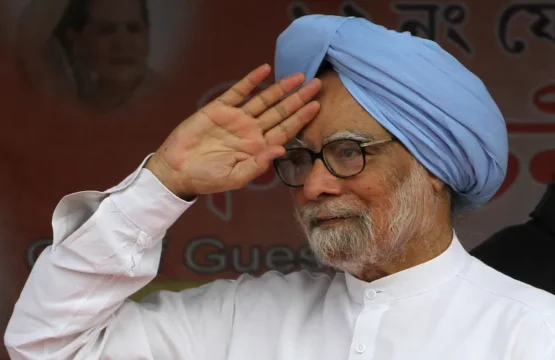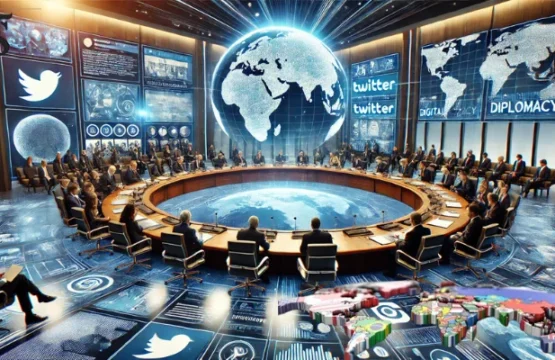Alliances are akin to families: while you may not have a favorite member, there is always one you depend on most. During the Cold War, NATO served as the collective ally that the United States relied upon to counter Soviet expansionism globally. However, in the twenty-first century, with diverse security challenges—many centred around China—the U.S. has found a new go-to ally: Japan.
Japan’s Transformation:
Over the past decade, Japan’s commitment to its defense has undergone a remarkable transformation. The country now allocates nearly two percent of its GDP to defense spending, bolstering its cyber security capabilities and acquiring counter-strike capabilities. Japan has even authorized the transfer of Patriot missiles and advanced fighter jets to the United States for export. These efforts demonstrate Japan’s determination to enhance security and contribute to the U.S.-Japanese alliance.
Also Read: Eid-ul-Fitr – Celebrating Unity and Gratitude
Expanding Horizons:
The U.S.-Japanese relationship has deepened beyond Northeast Asia. Both countries now champion a “free and open international order based on the rule of law,” extending their foreign policy strategies beyond the Indo-Pacific. Unlike Europe, where the U.S. is part of the multinational NATO alliance, the Indo-Pacific features separate bilateral partnerships. This hub-and-spoke system no longer reflects today’s security landscape, where the U.S. is the hub to five treaty allies (Australia, Japan, the Philippines, South Korea, and Thailand).
A New Approach:
Washington should elevate the U.S.-Japanese alliance to a central status in U.S. strategy to address this. The Biden administration can promote security and stability across the greater Indo-Pacific region by leveraging Japan’s centrality. Rather than isolated bilateral partnerships, a confederation of regional groupings anchored by the U.S.-Japanese alliance would better serve contemporary security needs.
Three Pillars:
The U.S. aims to modernize the alliance’s roles, missions, and capabilities by collaborating with Japan to acquire cutting-edge equipment and enhance interoperability with U.S. forces. This strategic shift recognizes Japan as America’s best friend in Asia, a partner vital to maintaining peace and prosperity in the Indo-Pacific.

I am Bushra Tahir. Doing BS in International Relations from National University Of Modern Languages ( NUML).







